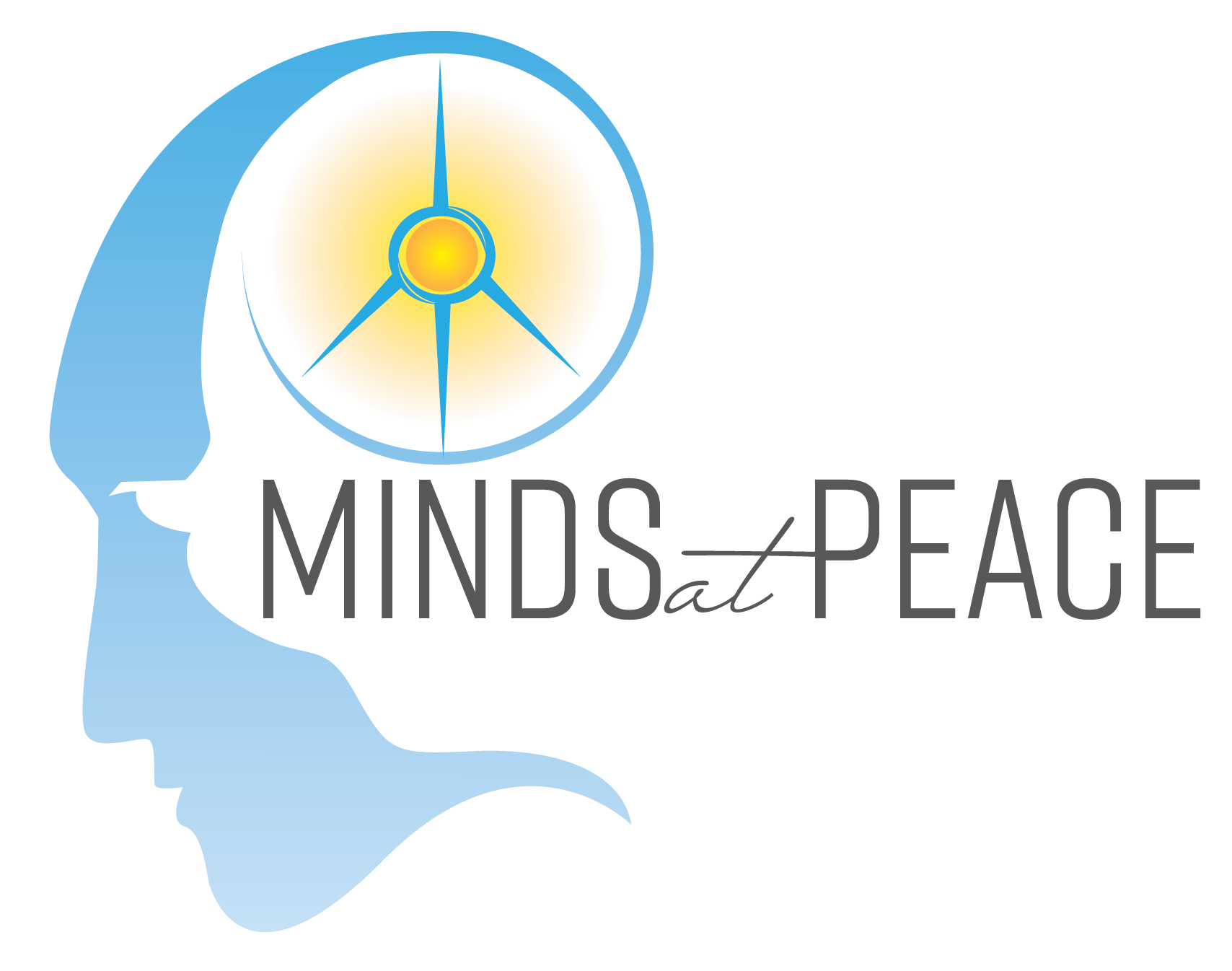College is hard. Is your student emotionally prepared?
Aced the SATs, grades and the extracurricular activities to get into the college of their choice. But how are they in the one subject high schools don’t teach: emotional intelligence? Consider these facts:
Between 2009-2015 anxiety and depression increased significantly in college students with a 30% increase in total counseling visits.
Another study revealed more than 1 out of 3 college students reported symptoms consistent with a mental health disorder such as depression, anxiety and substance abuse.
87% of college students reported feeling overwhelmed.
Preferred strategies for managing their emotions include excessive video gaming, alcohol, sleep deprivation and junk food.
Almost 30% of college students reported binge drinking in 2018. Alcohol use has skyrocketed since COVID-19. Marijuana use continues to increase.
Does emotional intelligence really matter?
My kid is just supposed to get a degree, intern and find a job in their preferred field—then success follows, right?
If that’s all you think is necessary then you might not want to read any farther. But here’s what top employers have to say:
30-40% of today’s jobs will require social and emotional competencies.
Only 42% of top employers believe new graduates are adequately prepared socially and emotionally.
Competitive edge goes to the students with emotional and social skills.
Learning a life skill
Success in life requires learning how to respond to challenging situations effectively. It means having an awareness of your own emotions and skillfully responding instead of reacting (habitually) or avoiding. A common reaction to feeling overwhelmed, not good enough or rejected is unhealthy use of substances, food or sex. If your kid binged drank in high school and you blew it off as “something kids do” realize that binge drinking and pot use increases in college.
A necessary prerequisite to an effective response is a feelings vocabulary beyond “angry or pissed off.” Unfortunately there isn’t a class on this in high school and many young adults, particularly those of the male persuasion, are sorely lacking this critical life skill. Without a skillful way of identifying and expressing feelings tension builds up throughout the body causing real physical and emotional harm.
Constantly in fight/flight/freeze mode
That bodily tension I was referring to— the headaches, aches and pains they didn’t have before, that comes from an over activation of fight or flight. (Freeze is usually manifested as avoidance). Since saber toothed tigers have been eradicated from college campuses ,and Zoom meetings, the activation of flight or flight today is an emotional response to situations that happen everyday, e.g. homework assignments, exams, questions in class, social engagements.
It’s vitally important to learn how to shift your nervous system from fight or flight to the tend and befriend part of our nervous system. Here’s one thing about fight or flight. Your brain, the prefrontal cortex that is, isn’t needed in survival mode. So when it’s activated, the thinking and judgement part of your brain goes offline. When your brain registers danger it doesn’t care if you’re miserable, only that you survive for a chance to pass on those amazing genes.
But you can’t make a skillful response when you’re in survival mode, and you certainly don’t want your son or daughter to be miserable.
A healthier way
One definition of mindfulness is “paying attention, on purpose, in the present moment, without judgement—as if your life depended on it.” That last part is what many people leave off, yet it’s the most important. Because our quality, and quantity of our lives depends on whether we make emotional intelligence skills a priority. Instead of constantly reacting to problems “downstream”, it is much more effective to prevent the problem “upstream.”
Having spent many years learning about the brain, behavior and addictions it’s clear today’s young adults are more challenged, and yet more unequipped to handle emotional stressors .
I recently saw a Facebook post where a parent asked what were the essentials to include when preparing their student for college. While a laptop, tablet, phone, clothes and backpack are all important gifts for the new or returning student, the greatest gift might be engaging them with a coach to teach them skills to thrive even in the midst of life’s storms— or pandemics.
That’s why I founded Minds at Peace. To schedule a free 15 minute consultation click here. For a limited time you can purchase 4 individual sessions for an investment of $500 —that’s a $100 savings. It’s truly an investment that will benefit every aspect of their lives. And yours. Bring two or more together from anywhere English is spoken for group instruction at further discounts. Email me for details.




